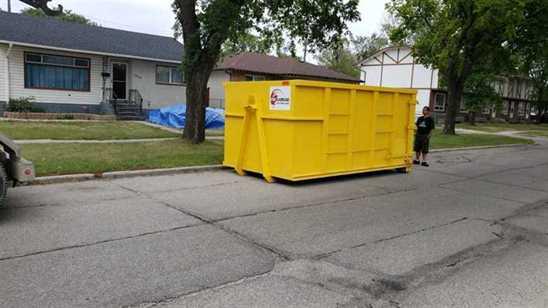It’s the first day of the month, and your old tenant has just vacated your place. You open the door, expecting to find a clean space – but you’re greeted by a big mess. If you’re a landlord, this situation is probably too familiar to you. It’s a major inconvenience, and even though you’re ready to throw their belongings out the window, there are a few steps that you should take first; otherwise, you’ll find yourself in legal trouble. The next tenant is expected to arrive within a few days, so what should you do?
Contact The Former Tenant
Before you haul all their belongings into the dumpster, make an effort to reach out to the renter. It could be that they forgot some of their furniture or were unable to take it all at once. Depending on how many days you have before the next tenant arrives, give them a set amount of time to retrieve their items. Make it clear that after this point, you need to dispose of anything left behind.
If they don’t show up within the given time frame, change the locks, and roll up your sleeves: it’s time to take matters into your own hands. But before you start removing items, be sure to consult local policies:
Review The Residential Tenancies Branch Procedure
Landlords should consult the policy regarding abandoned goods before taking any action with them. It specifies that any items left behind after an eviction are considered abandoned. Photographs and personal papers need to be kept for a minimum of 60 days, but other belongings that are unsafe, unsanitary, or of little value can be disposed of. For items with a higher monetary value, the landlord can fill out an Inventory of Tenant’s Abandoned Property form. This will describe the items left behind and their estimated value. After sending it to the Branch and the tenant, it will be authorized, and you can sell the items in a public auction.
If The Junk Was Left Outside, Take Action Right Away!
Leaving garbage on the lawn can result in a fine. If your property has excessive junk in the yard, neighbours can call the city to file a complaint. You may not want to throw away these items immediately and risk breaching tenant policies; try to move it inside to avoid offending the neighbours. By following the law, you circumvent accidentally violating the tenant’s rights, which can result in a charge of theft. But you also must be firm when dealing with tenants to minimize monetary damages.

